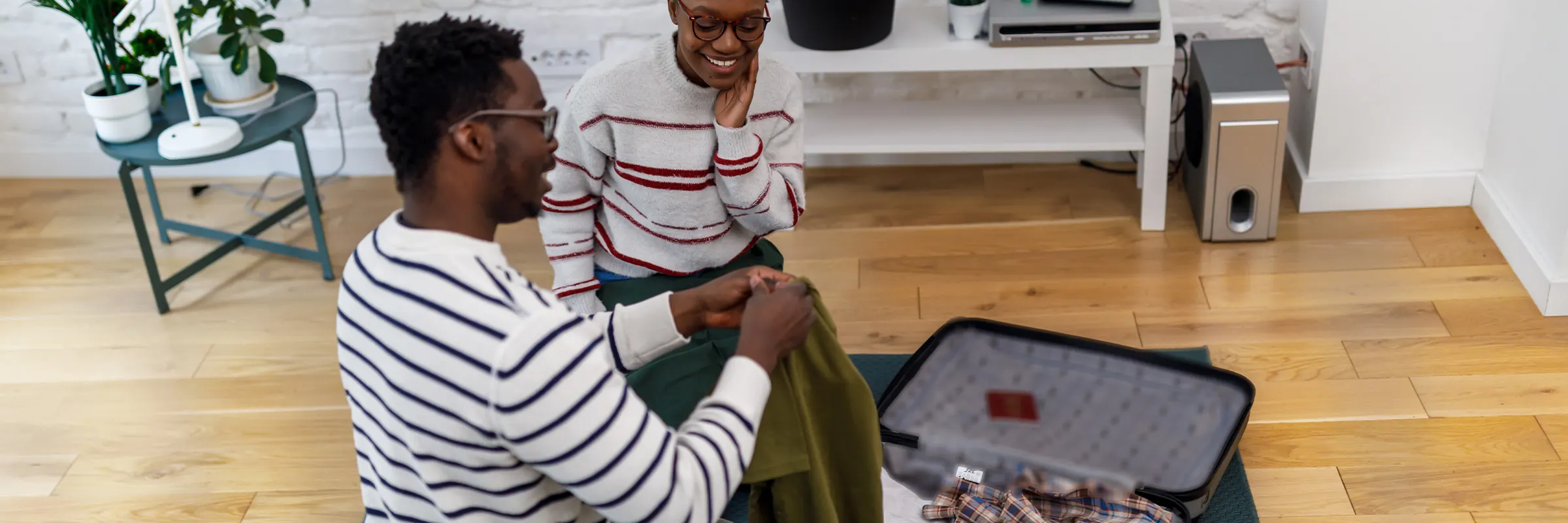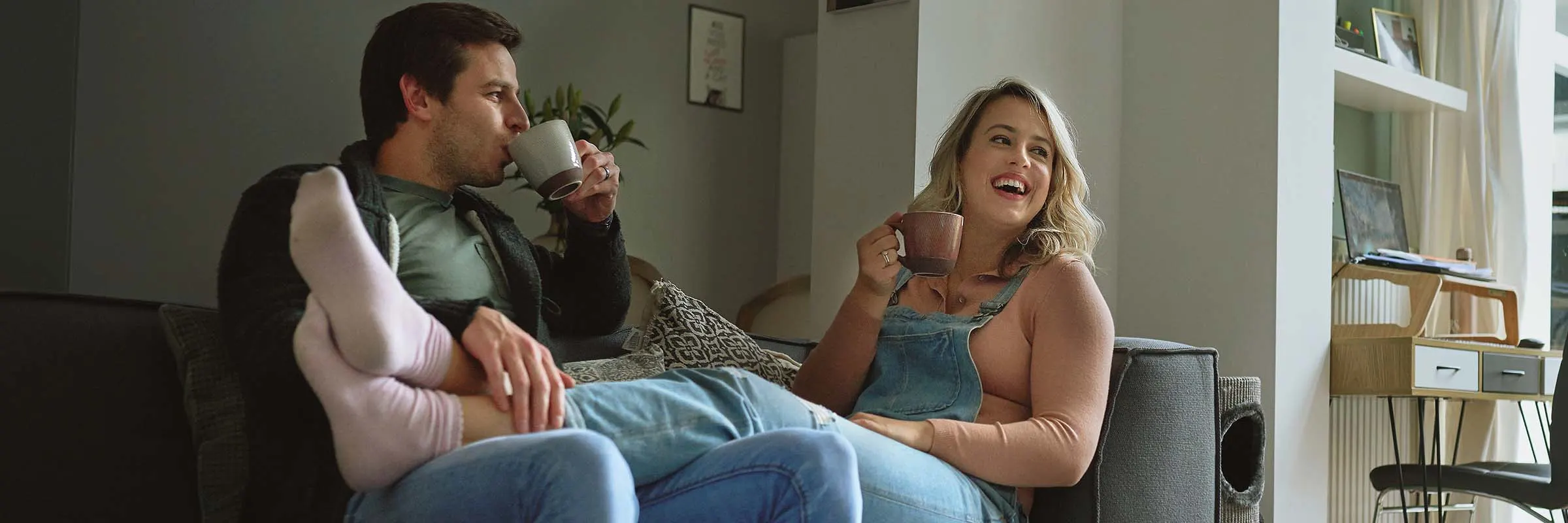Whether you plan to sip a cocktail on the beach, explore quaint city streets or hike at a national park, the last thing you want to worry about on vacation is your money. With a little pre-trip budgeting and a plan for saving and splurging while you’re away, you can relax without worrying about overspending.
Read more: Save for your next getaway with Ally Bank’s buckets and boosters
Understanding your travel budget
Going on vacation can be a great way to treat yourself, but you should still take into account how much you can realistically afford. Start by evaluating your income, savings and other financial obligations, then set a budget accordingly. Knowing this can help ensure you don’t overspend or have unexpected expenses.
Creating your travel budget
Once you know how much you can comfortably spend on a trip, you can begin budgeting for your getaway.
Estimating your travel costs
While you might not plan for every dollar you spend while on vacation, you can research the typical costs for your chosen destination:
Transportation: If you’re flying or taking a train, plan for transportation to and from the airport or train station. If you’re renting a car, be sure to account for rental car fees, gas and other potential expenses.
Accommodations: Decide if a hotel, rental home or hostel is right for your trip and budget. If you have an action-packed itinerary and your room will just be a place to sleep between adventures, you could save by booking lower-priced accommodations.
Daily expenses: Some costs are unavoidable, like eating. But you can cut down on those costs by cooking some of your own meals if your accommodations have a kitchen. If you want to explore on the cheap, look for free or low-cost activities like parks, beaches and museums.
Additional costs: Budget some cushion money beyond the costs you plan for. This extra cash can come in handy when you spot an item in a local boutique you just have to have, or when you want to leave an extra tip for a great tour guide.
Scheduling tip: Depending on the type of trip, consider going on vacation during the off-season for lower airfare and hotel prices.
Steps to start saving before you take off
After deciding where you want to go and how much it will cost, you can start saving.
Set clear financial goals for your vacation: Create a realistic savings plan by setting goals. (You can set up automatic transfers and other smart savings tools in an Ally Bank Savings Account to help you reach your goals.)
Start saving early to avoid financial stress: Avoid scrambling at the last minute by putting money away early. With an Ally Bank Savings Account, you can create a vacation bucket that’s solely for travel expenses.
Use a credit card with travel rewards: By making everyday purchases with a travel rewards credit card, you can earn miles or points for travel expenses like flights, hotels and car rentals. If you choose this option, make sure you pay your balance in full, to avoid going into debt for your adventures.
Cut back on unnecessary spending: Save a little extra before your trip by cooking at home or spending less on nights out on the town.
Knowing how much money you can comfortably spend can help ensure you don’t overspend or have unexpected expenses.
Managing your budget during the trip
Keep your spending in check while still enjoying your experience by managing your budget throughout your travels.
Staying on track with your budget
Once you’re in vacation mode, it can be easy to stray from your budget. Stay focused by setting daily spending limits and pre-booking what you can to lock in prices.
What to do if you go over budget
If your vacay spending gets a little out of hand, prioritize paying down debt and rebuilding your savings once you’re back home. Tighten your budget, identify areas where you can cut back and use the overspending as a learning opportunity to make better financial decisions in the future.
Enjoy a financially responsible vacation
Travel can help you rest, recharge and broaden your horizons — but you don’t want to taint the memories of a wonderful trip by coming home to a bank account in the red. Avoid overspending with a little forethought and planning, and you can set yourself up for a vacation that fills your cup without draining your finances.



